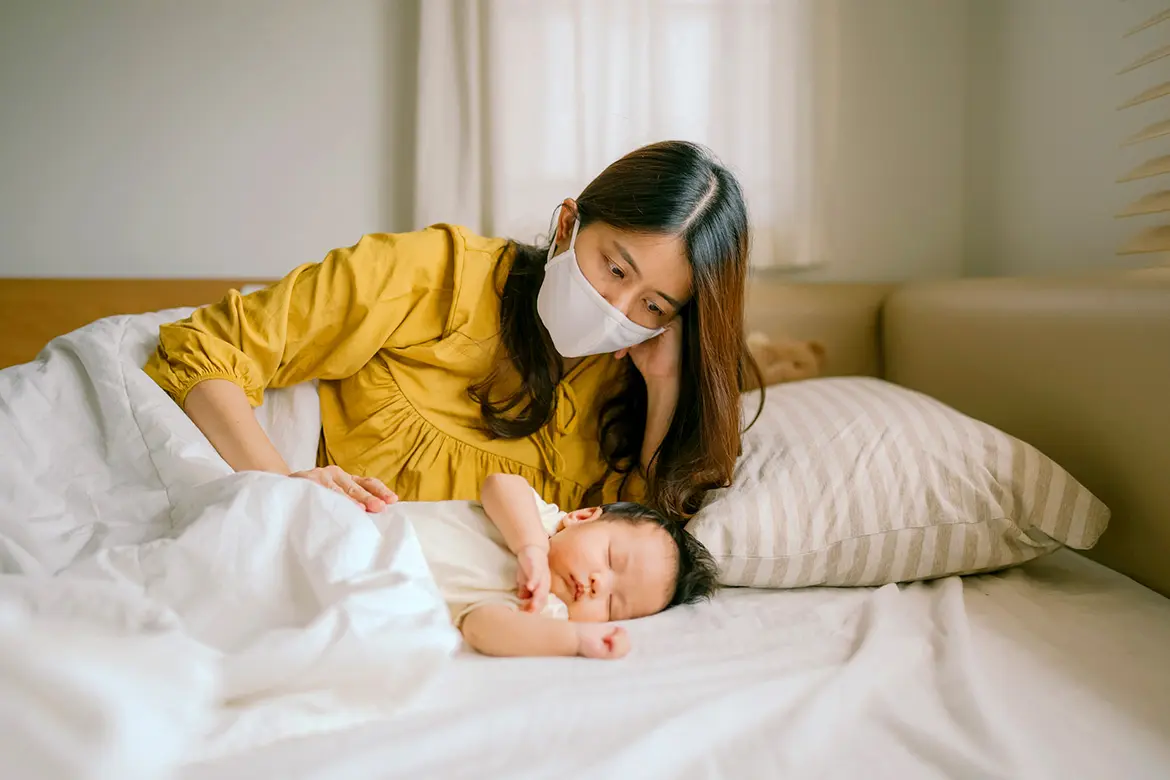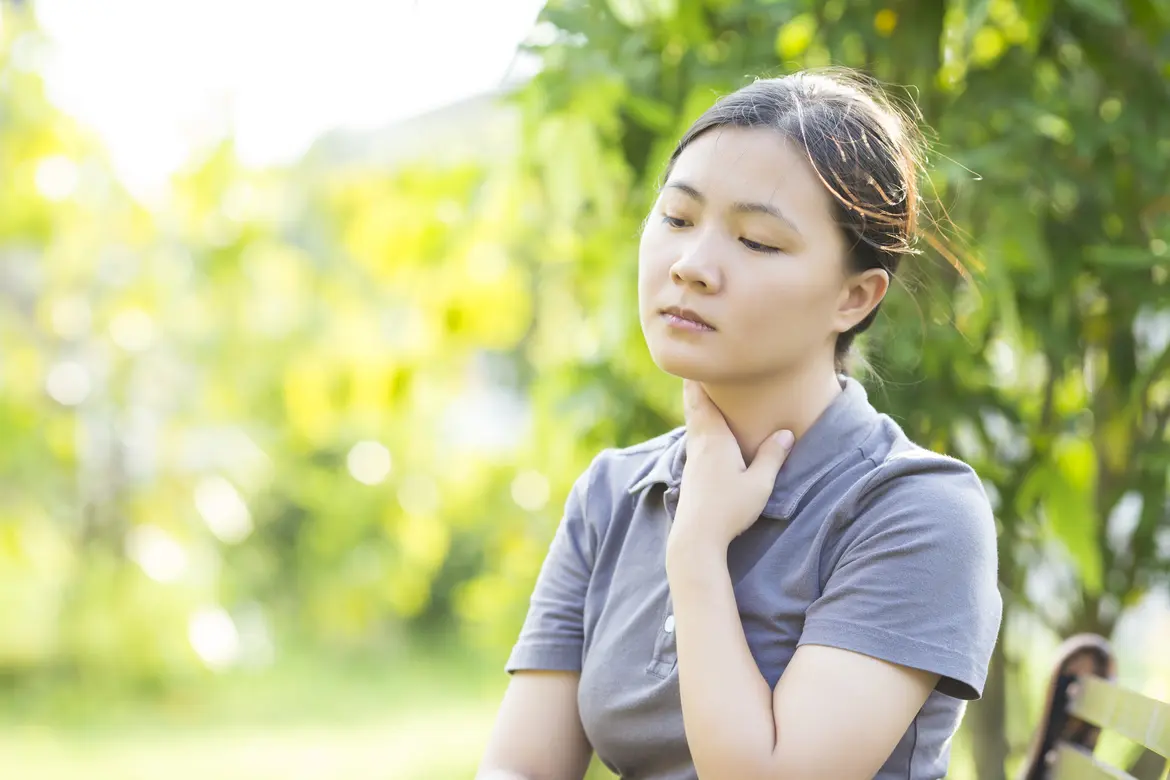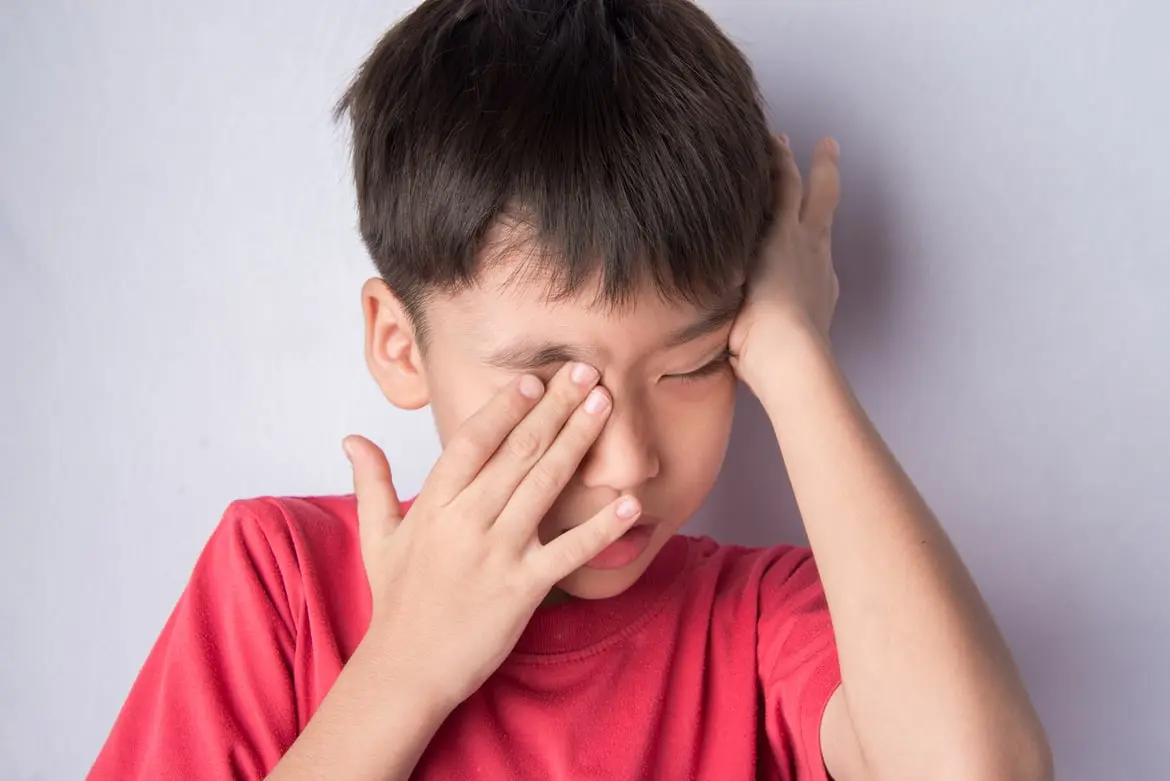In times of illness, maintaining strict hygiene practices is vital, especially within a household. This guide explores practical steps for unwell parents to safeguard their family's health, from effective hand hygiene and mask-wearing to thoughtful isolation strategies. Prioritising these measures ensures a protective shield against the spread of illnesses, fostering a safer and healthier home environment for all.
Practise respiratory Hygiene
Cover your mouth and nose with a tissue or your flexed elbow when coughing or sneezing. Dispose of used tissues promptly and wash your hands thoroughly to prevent the spread of respiratory droplets and airborne pathogens.
Hand washing
Wash hands regularly with soap and water, especially after coughing, sneezing, or blowing your nose. If soap and water are not available, use alcohol-based hand sanitizer with at least 60% alcohol content to disinfect hands. Encourage other family members to do the same.
Wear a mask
Wearing a mask, particularly when in close contact with others within the household, can help prevent the spread of respiratory droplets that may contain viruses or bacteria. This is especially important if the sick parent needs to care for their children or interact closely with family members.
Disinfect frequently touched surfaces
Regularly clean and disinfect commonly touched surfaces and objects within the household, such as doorknobs, light switches, countertops, and electronic devices, as viruses and bacteria can persist on these surfaces for extended periods.
Limit close contact
Try to minimise close contact with your children and other family members, particularly if they are vulnerable to illness or have compromised immune systems.
If possible, the sick parent should try to isolate themselves within the household by staying in a separate room and using a separate bathroom.
Sustain breastfeeding routine
Even when under the weather, breastfeeding mothers should persist with their routine unless recommended otherwise by their healthcare provider. Breast milk is rich in antibodies and immune-boosting substances. When a mother falls ill, her body generates specific antibodies to combat the infection. Breastfeeding enables her to pass these antibodies to her baby, offering extra protection. In cases where direct breastfeeding is impractical due to the mother's illness, expressing milk ensures the baby still reaps the benefits.
Stay informed about vaccinations
Stay up-to-date with your baby's vaccinations. In Singapore, the National Childhood Immunisation Programme (NCIP) provides a schedule for essential vaccinations. Keeping your baby vaccinated helps to protect them from serious illnesses and reduces the risk of complications.
Seek medical advice
If symptoms persist or worsen, or if there are concerns about the health of family members, seek medical advice promptly. Healthcare professionals can provide guidance on managing symptoms and preventing the spread of illness within the household.
While it may not always be possible to completely avoid spreading illnesses from caregivers to the children under their care, diligent adherence to hygiene practices can significantly reduce the risk of transmission.
In addition, following medical advice and seeking prompt treatment for illnesses help minimise the spread of infections, thus creating a safer and healthier home environment for everyone.
If you’re unsure about your baby's health, don't hesitate to consult a healthcare professional.













